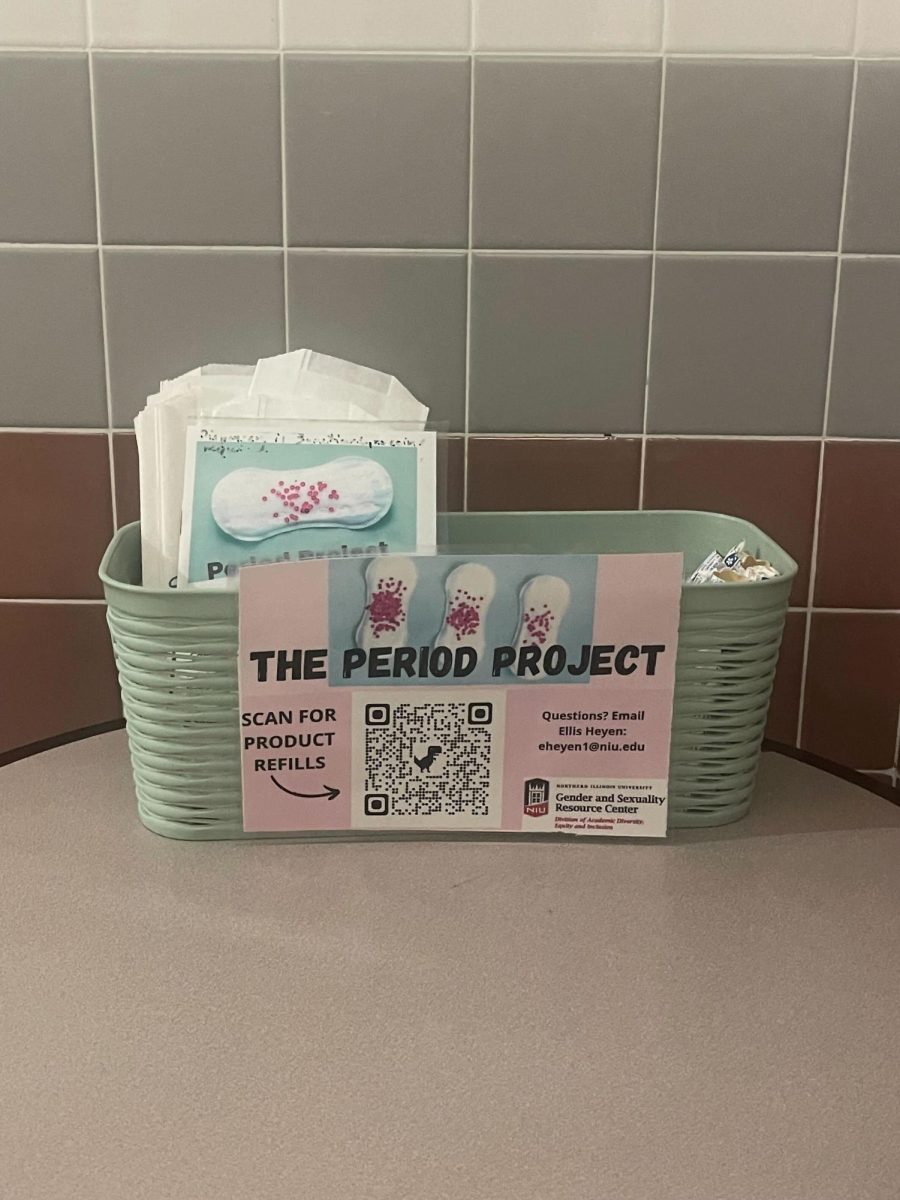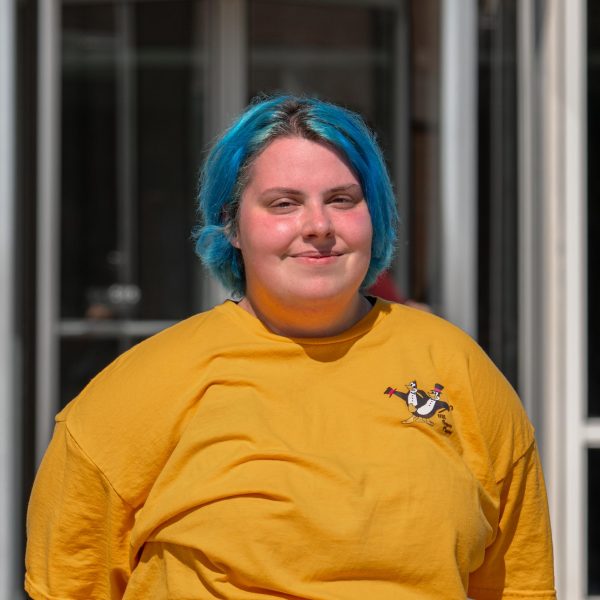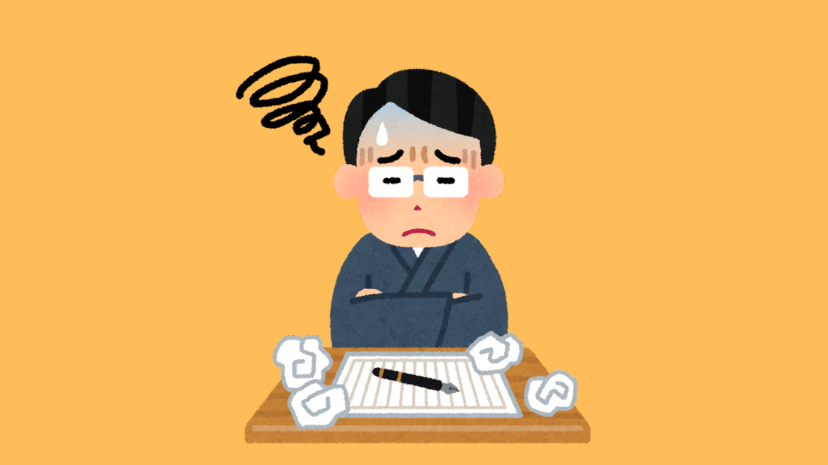For years, there has been a stigma surrounding the talk of menstrual cycles. This stigma needs to end. Having a period is perfectly normal, and people need to have access to hygiene products.
The average person who menstruates has about 450 periods in their lifetime. With an average of $20 spent on menstrual products per cycle, the cost builds over time to an estimated $18,000 over a lifetime, according to the National Organization of Women.
Those who menstruate deserve better accessibility and affordability of period products. Period products are very expensive, and people need to be able to have access to period products whenever they need them.
Luckily, there is a resource that can help NIU students have access to period products.
The Gender Sexuality Resource Center oversees a project called the Period Project.
The Period Project at NIU enhances awareness around the financial burden and inaccessibility that purchasing period products can cause individuals, specifically college students. It also destigmatizes the way we talk about periods and addresses institutional barriers for people with periods, according to the GSRC website.
The Period Project distributes free period products to students who need them. The GSRC also accepts donations for the Period Project in the form of unopened pads or tampons, according to the GSRC website.
It’s beneficial that more students know about the Period Project and take advantage of their resources. The Period Project comes at no cost to students and is critical to being prepared.
Ellis Heyen is a graduate research assistant in the GSRC and has helped run the Period Project since 2021.
“The Period Project was a grassroots effort that was started in 2017 by an undergraduate student here at NIU, and part of the purpose of its creation was to raise awareness about what period poverty is, how it impacts our students at NIU and to start to combat period poverty,” Heyen said.
The Period Project is a great initiative to make sure that students have period products whenever they need them.
“Many students experience what is known as period poverty which is the inaffordability and accessibility of period products. Period products are very expensive and can be difficult to afford for many students,” Heyen said.
No one should have to experience period poverty.
For the most part, people tend to be somewhat prepared for when they get their period. However, that’s not always the case, especially for people that have polycystic ovary syndrome.
PCOS is a medical condition involving hormones and happens during the reproductive years.
An individual with PCOS may not have periods very often or may have periods that last longer than an average period, according to Mayo Clinic.
The condition affects an estimated 8% to 13% of women of reproductive age, and up to 70% of PCOS cases are undiagnosed, according to the World Health Organization.
Since people with PCOS tend to have irregular periods, having accessibility to free period products is extremely beneficial – like if someone were to start their period and not know or not have any period products with them at the time.
In 2022, Illinois passed HB641 which states that all public universities and community college districts in the state of Illinois have to make period products available in the bathrooms of facilities at no cost to students.
The Period Project can make people with PCOS or even without PCOS be less stressed and feel more prepared.
For students that are looking for volunteer opportunities or even just to get involved on campus, the GRSC also accepts volunteers.
“It’s a good way for students to get involved in one of the missions of the Gender and Sexuality Resource Center,” Heyen said.
Another way to get involved with the GSRC is by attending events. The GSRC has an event occurring in November called Jampon.
“The purpose of the event is to increase their donations. All of the period products they are providing to students come in the form of donations,” Heyen said. “It’s going to be a variety show with different talents such as dancing, singing, acting, etc. Admission into the show is a box of pads or a box of tampons; however, that is optional for students.”
The event takes place from 7 p.m. to 9 p.m. Nov. 3 in the Duke Ellington Ballroom of the Holmes Student Center.
By providing menstrual hygiene products at no cost to students, we treat every individual with the respect and care they deserve. It’s time to recognize that accessibility to free period products is not a luxury, but a right that guarantees equality for all.















